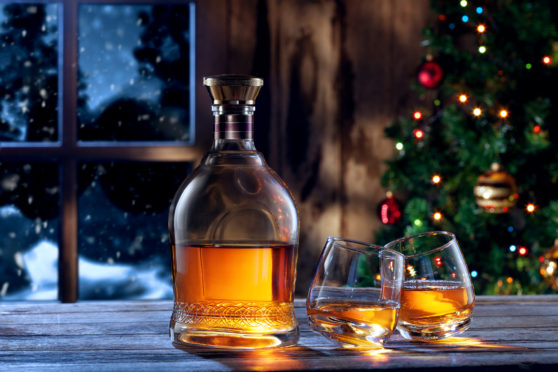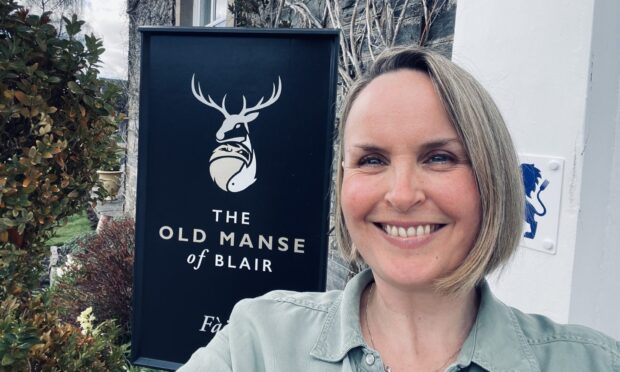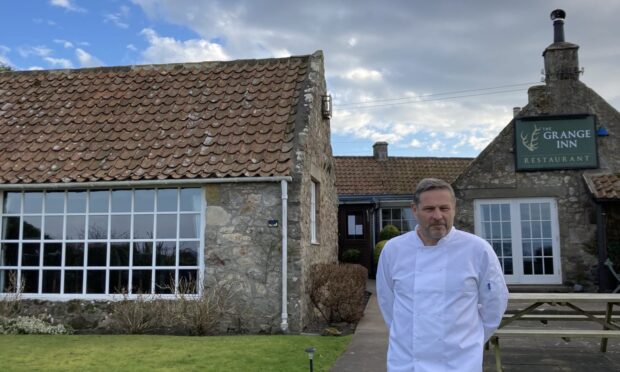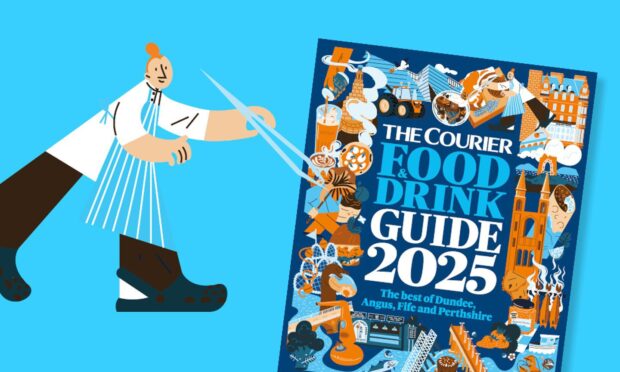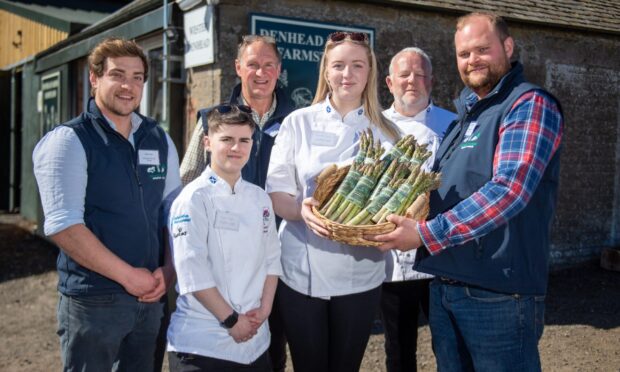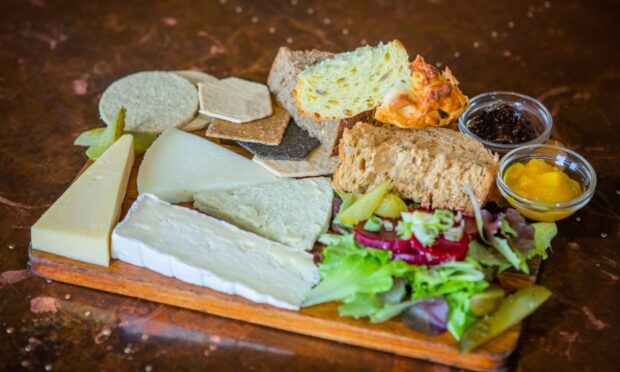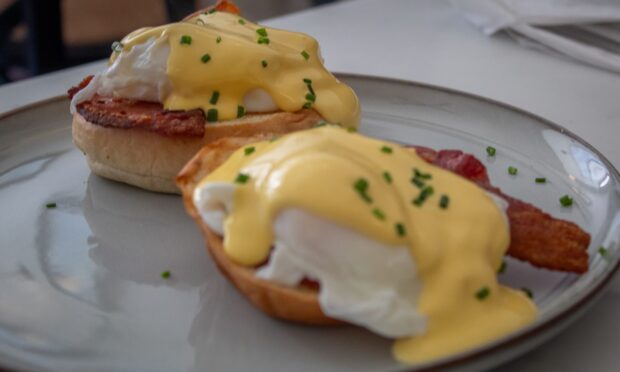I have often pondered, how exactly do you measure the “success” of a whisky, particularly a single malt? For instance, certain whiskies sell zillions of bottles a year worldwide, yet rarely if ever win gold medals or top prizes in whisky and spirits competitions.
Paradoxically, certain distilleries, whose single malts sell in modest quantities, somehow top every arriving tourist’s must-visit list. Equally, some single malts, especially rare bottlings of them, fetch prices at auction beyond the dreams of Croesus while many excellent malts fetch modest or disappointing prices under the hammer.
So what factors play their part in these contradictory situations? In the case of global top-selling whiskies, the answer is big output, matched by powerful marketing and a successful world-wide distribution network. Glen Fiddich is the world’s No 1 single malt, and Glen Fiddich distillery at Dufftown is huge, its weekly output representing a year’s production for some of Scotland’s smallest distilleries.
Not that some other distilleries aren’t snapping at Glen Fiddich’s heels: The Glenlivet doubled its output in 2011 and is currently doubling output again. And The Macallan this year opened what must be Scotland’s most futuristic distillery, and one that vastly increases output of that noted malt. Other distilleries too are putting in more washbacks and stills, moving from one-shift-a-day to 24/7 working and trimming weeks off the annual “silent season”.
Whisky tourism is one of Scotland’s growth industries and, luckily, ever more distilleries are reading the runes and opening visitor centres. While some benefit from location (Auchentoshan is near Glasgow airport, Glenkinchie is close to Edinburgh), others such as Edradour and many Islay distilleries attract thousands of visitors thanks to their hard-won repute.
Whisky as an investment is a hot topic. On the one hand, auction prices of rare bottles soar ever skywards and whisky is tipped as the beat-the-market investment. On the other, many experts say the cratur is meant to be drunk, not fawned over in bullet-proof glass cases and re-sold at a fat profit years hence. However, anything that gains disproportionately in value will attract investors. Equally, it attracts counterfeiters and fraudsters…
However, wonderful whiskies need not be dear. Two of the best whiskies I ever enjoyed cost me three euros a nip at a German whisky fair.
A very Happy New Year.
